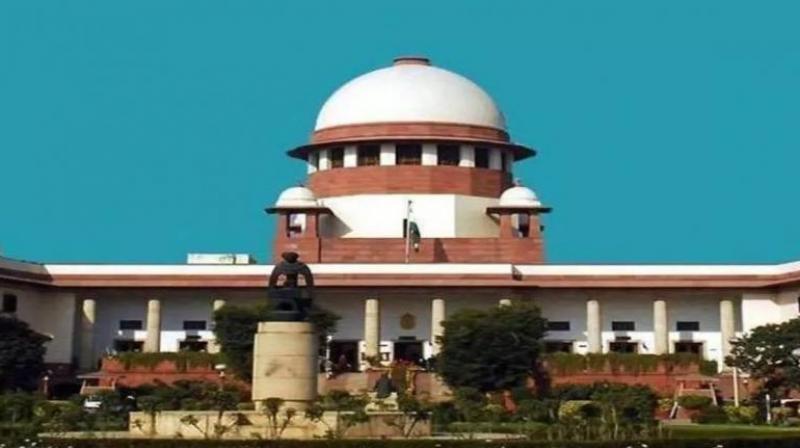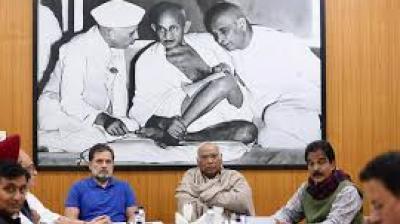
How far can Courts go in the matter?: Supreme Court
NEW-DELHI: The Supreme Court on Tuesday questioned the petitioners seeking legalization of same-sex marriage that Parliament has the right to legislate on the subject of marriage and divorce and therefore the question is, what should the court do in such cases? How far can Courts go in the matter?
A five-member constitution bench headed by Chief Justice DY Chandrachud is currently hearing the plea seeking legal recognition of same-sex marriage. About 20 petitions seeking legal recognition of same-sex marriages and registration of such marriages are pending in the Supreme Court. Arguments are currently being given by the petitioners.
The court made these comments when senior advocate Maneka Guruswamy, appearing for one of the petitioners, was arguing in favor of recognizing same-sex marriage by defining the Special Marriage Act. Guruswamy said that the government cannot come to the court and say that it is a matter of Parliament. When the fundamental rights of a community are violated, it has the right to approach the Constitutional Court under Article 32 of the Constitution.
On these arguments, Chief Justice Chandrachud said that there is no dispute that Parliament has the right to legislate on it. Marriage and divorce are concurrent list subjects, so the Supreme Court has to see to what extent it can go or interfere in such matters.
Justice Chandrachud referred to the Vishaka vs Union of India case where guidelines were issued to prevent sexual harassment of women in the workplace. The court had set the framework, but it was up to the Legislature to formulate it. Guruswamy said that we are also a part of 'We the people of India'. The basic structure of the constitution is also ours and Parliament cannot keep us away from our rights.














